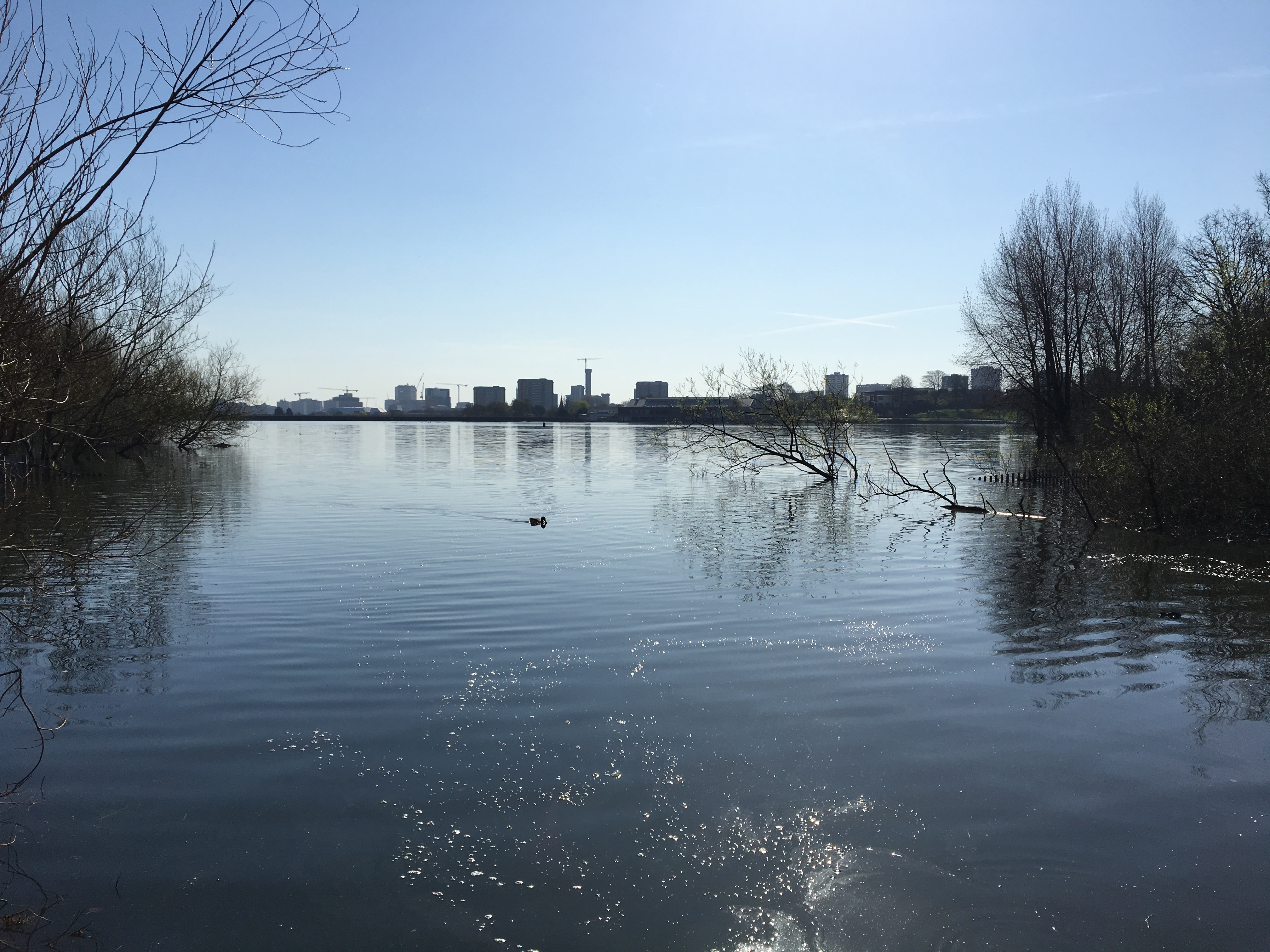We believe USE-IT! has demonstrated that there is value, in terms of unlocking local economic prosperity and addressing urban poverty, in the approach of trying to bridge between local macro and micro assets. This plays into many of the other current economic debates, both national and international, including “inclusive growth” and “anchor institutions”. However, through USE-IT! we have also learned some important lessons if these approaches are to be successful. Conrad Parke takes us through three of these lessons.
Just because a major asset is fully signed up to helping address local poverty it does not mean they know how to.
For example, a major institution such as a hospital may be fully committed, from senior management down, to employing more local residents but a hospital’s expertise is in saving lives not in creating employment pathways and partnerships out in communities for the long term unemployed – that requires a whole different set of skills and know-how that a hospital wont have. As a consequence interim or bridging initiatives are required to assist the hospital in successfully creating those local pathways and partnerships.
Just because a major asset creates an opportunity, don’t assume the community is going to be ready.
Another example, using the same hospital, would be the hospital being interested in providing opportunities for local social enterprises to sell to staff, visitors and patients. But just because the desire and commitment is there for this to happen it does not mean that either there are local social enterprises of sufficient trading experience to benefit form the opportunity or that there is a trusted network to help facilitate the process. In other words development work is going to be required which, as with the previous lesson, is going to be beyond the know-how of the hospital to realise.
It takes time.
And there are no quick solutions to the above. That is because we talking about the need to build trust and to change culture. Both of which can not be short cut and, not only that, you are more than likely going to be starting from scratch. This means time has to be built into any resourcing and patience has to established up front. To assist this it may also be useful to consider building in interim goals. This way the power-that-be can be kept on-board whilst the journey to the final outcome is still underway.
To discuss this further with Conrad Parke, please contact conrad.useit@gmail.com

